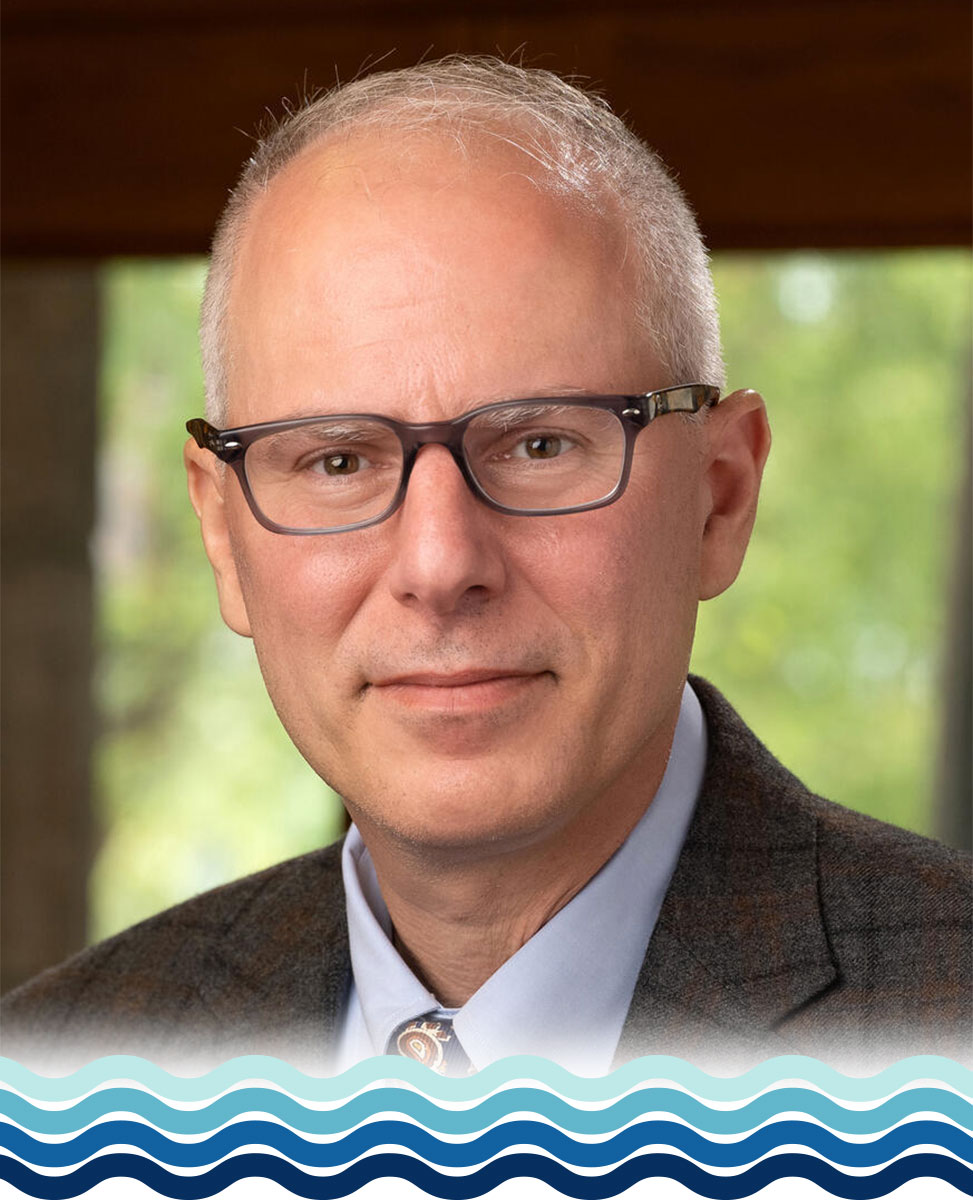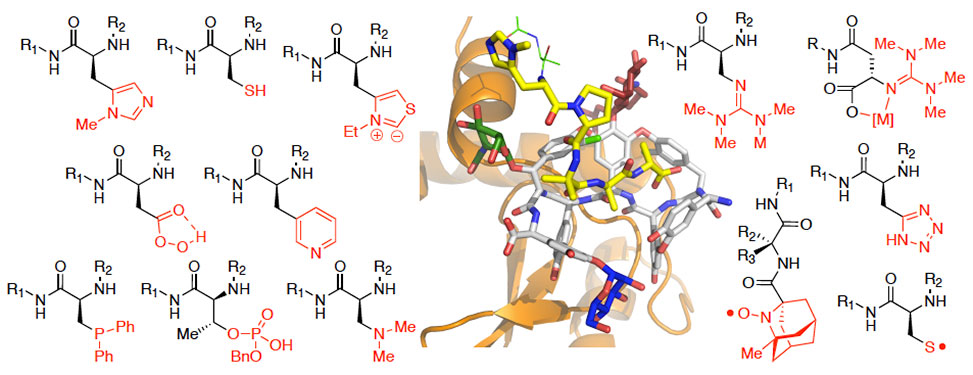Scott Miller
Sterling Professor of Chemistry
Yale University
Talk Information
Closing Plenary Keynote Lecture
19 June 2025, 05:05pm - 05:50pm, in the Pacific Jewel Ballroom
L73 – Peptide-Based Catalysis Version 2.0

Professor Scott J. Miller is the Sterling Professor of Chemistry at Yale University, a title denoting the highest academic rank at the institution. Renowned for his pioneering work in asymmetric catalysis and complex molecule synthesis, Professor Miller has significantly advanced the field of organic chemistry through innovative research and leadership.
Academic Background
Dr. Miller earned his B.A. and M.A. in Chemistry from Harvard University in 1989, followed by a Ph.D. in Chemistry in 1994 under the mentorship of Professor David A. Evans. He then conducted postdoctoral research with Professor Robert H. Grubbs at the California Institute of Technology from 1994 to 1996. Dr. Miller began his independent academic career at Boston College, where he served as Assistant Professor, 1996–2001, Associate Professor, 2001–2002, and Professor, 2002–2006, before joining Yale University in 2006.
Research Focus
Professor Miller's research centers on the development of new catalysts for the selective synthesis and modification of complex molecules. His group employs strategies such as catalyst design, combinatorial screening, and mechanistic analysis to discover novel chemical transformations. A particular emphasis is placed on asymmetric catalysis and the late-stage functionalization of natural products, aiming to achieve precise control over molecular architecture and reactivity.
Notable Contributions
Dr. Miller has made significant contributions to the field of organic chemistry, including the development of peptide-based catalysts that mimic enzymatic activity. His work has expanded the understanding of stereoselective reactions and has led to innovative approaches in the functionalization of complex molecular scaffolds. Additionally, he has explored the use of non-covalent interactions to achieve site-selective transformations, broadening the scope of synthetic methodologies.
Awards and Honors
Professor Miller's achievements have been recognized with numerous awards, including:
- Arthur C. Cope Scholar Award, American Chemical Society, 2004
- Pfizer Award for Creativity in Organic Chemistry, 2003
- Camille Dreyfus Teacher-Scholar Award, 2000
- Alfred P. Sloan Research Fellowship, 2000
- DuPont Young Professor Award, 2000
- Fellow of the American Association for the Advancement of Science, 2012
- Member of the American Academy of Arts and Sciences, 2016
- Member of the National Academy of Sciences, 2020
Professional Engagements
Beyond his research, Professor Miller has served in various leadership roles at Yale University, including Chair of the Department of Chemistry, 2009–2015, and Divisional Director for Science, 2015–2017. He is also the Editor-in-Chief of the Journal of Organic Chemistry, where he oversees the publication of cutting-edge research in the field.
Through his innovative research, mentorship, and editorial leadership, Professor Scott J. Miller continues to shape the future of organic chemistry and remains a leading figure in the field.
Peptide-Based Catalysis Version 2.0
Department of Chemistry, Yale University, New Haven, Connecticut, USA
This lecture will describe recent developments resulting from our efforts to develop peptide-based catalysts for asymmetric reactions, in particular for the preparation of densely functionalized, stereochemically complex structures. Over time, our foci have been on enantioselectivity, site-selectivity, and chemoselectivity.
In much of our current work, we are studying issues of enantioselectivity as a prelude to the extrapolation of catalysis concepts to more complex molecular settings where multiple issues are presented in a singular substrate. Complex natural products, for example, will be presented as quintessentially complex scaffolds for catalytic modification.

Mechanistic paradigms, and their associated ambiguities—especially in light of catalyst or substrate conformational dynamics—will figure strongly in the lecture. So too will questions related to the functional generality of catalysts as they confront various substrates, revealing occasional dichotomies of catalyst types that are better or worse suited for highly functionalized substrates.
Finally, several interesting collaborations—often unanticipated—will be discussed. A persistent theme in the lecture will be the extent to which small molecule-based catalysts and enzymatic catalysts share mechanistic analogies.

